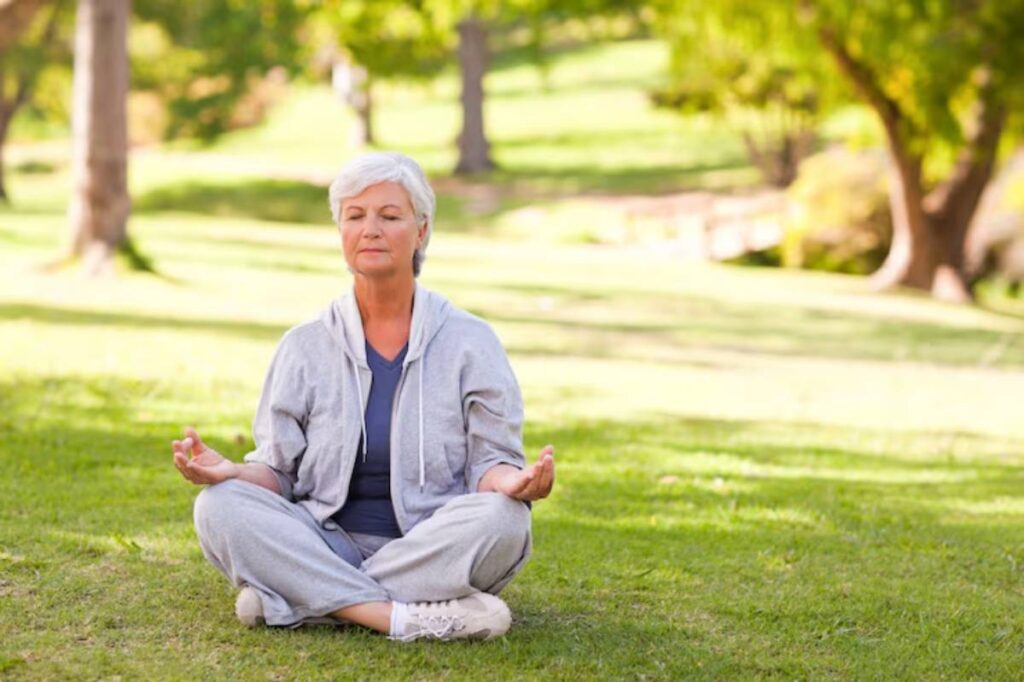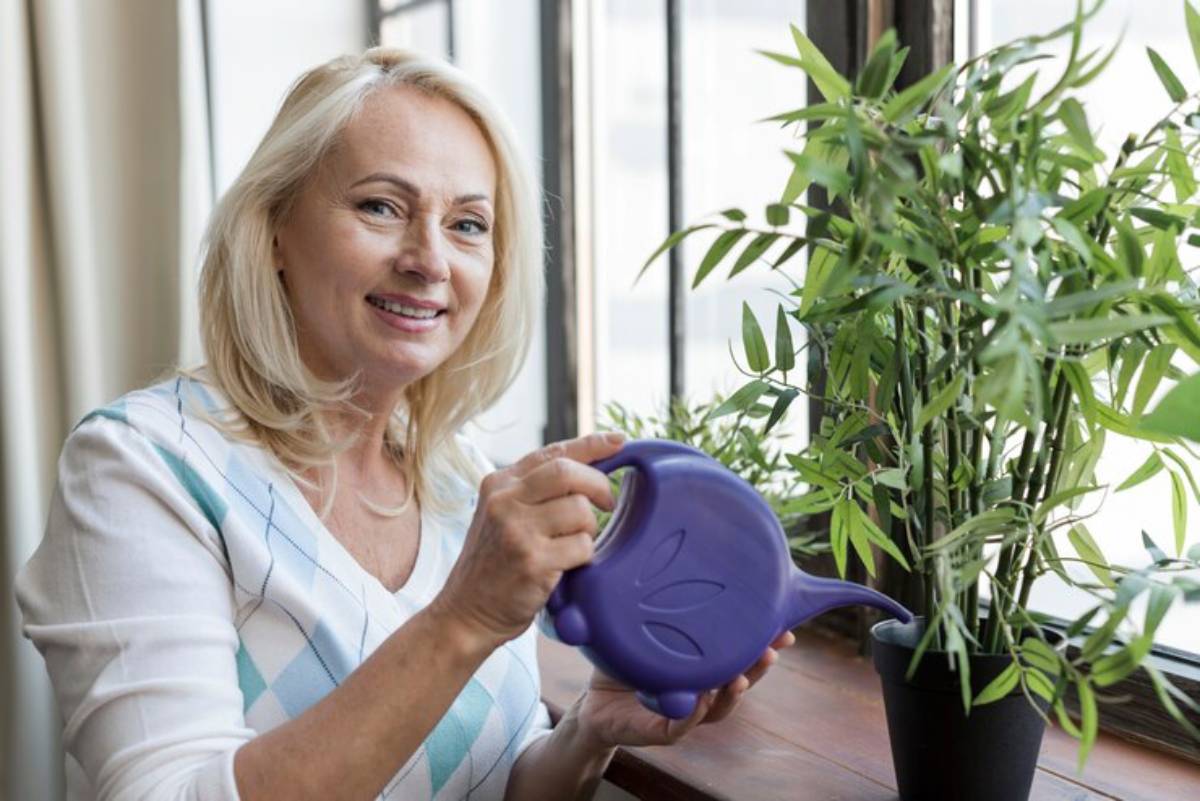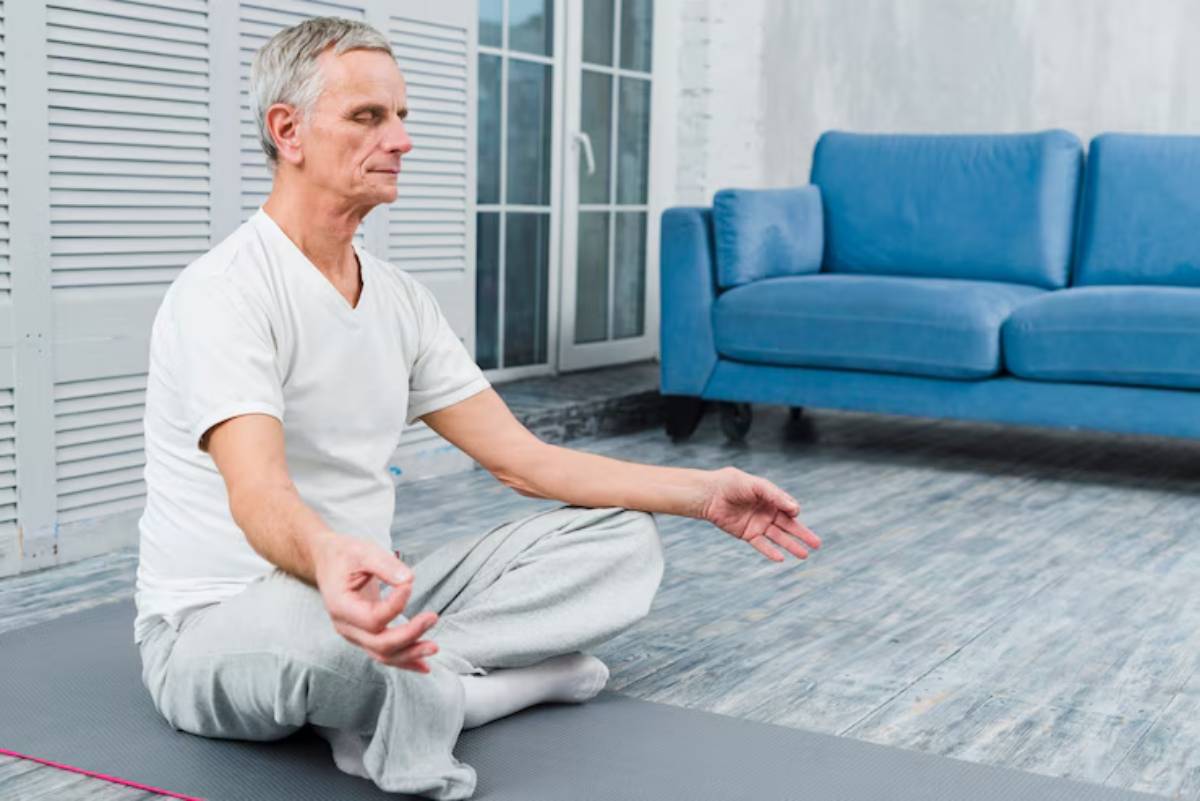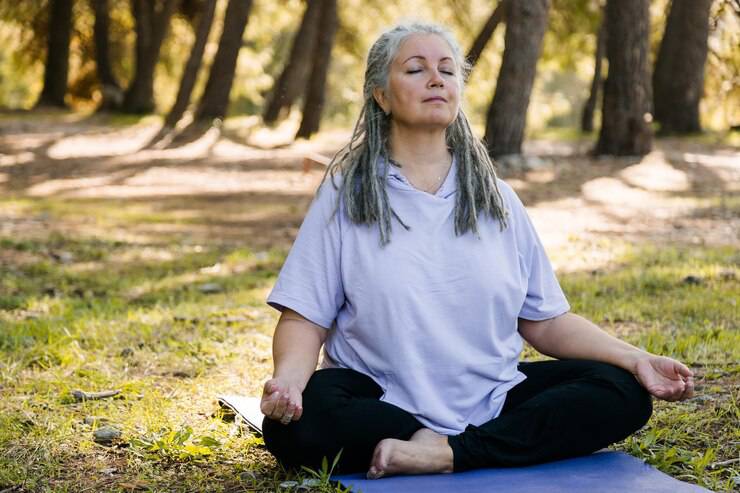The Health & Wellness Blog

Coping with Age-Related Changes through Mindfulness
As we journey through life, the inevitable process of ageing brings with it a wide range of changes—physical, emotional, and mental. Some people accept these changes, but others find them hard or upsetting. There’s no right or wrong way to feel about ageing. However, how we approach it really affects our well-being.
Mindful ageing offers a refreshing way to look at this stage of life. Mindfulness helps us embrace change and let go of the past. It encourages us to stay in the moment, accept reality, and be kind to ourselves and others. It’s about being aware of how we feel, without judgment, and making conscious choices to support our health and happiness.
In this blog, we will explore how mindfulness can help us cope with age-related changes. We’ll look at practical strategies, expert recommendations, and common mistakes to avoid. Whether you’re new to mindfulness or have been practising for a while, these insights will help you age with confidence, grace, and peace of mind.
Key Benefits of Mindful Ageing
Understanding the Relevance
Ageing is a natural and unavoidable part of life. It is often surrounded by negative stereotypes. In many cultures, getting older is seen as a decline in energy, beauty, and usefulness. This perception can lead to fear, anxiety, and even shame. But ageing can also be a time of reflection, freedom, and personal growth. With the right mindset, these years can be some of the most fulfilling.
Mindfulness helps shift our perspective from what we’re losing to what we’re gaining. We no longer dread wrinkles or slowing down. Instead, we see the richness of our experiences, the wisdom we’ve gained, and the value of now. This mindset doesn’t ignore the difficulties of ageing. It simply meets them with compassion and acceptance.
Real-Life Applications
Mindfulness isn’t something you do only on a yoga mat or in meditation. It can be part of your everyday routine. Here are some examples of how mindfulness helps with age-related changes:
- Mindful breathing: When you’re anxious or overwhelmed, take slow, deep breaths. This can calm your nervous system and help you focus on the present.
- Mindful movement: Try out yoga, tai chi, and slow walking. These activities help you connect with your body. They also build strength, flexibility, and balance.
- Mindful listening: Focus completely on someone when they speak. This habit builds stronger relationships and helps you feel more connected.
These small habits build routine and calm. They help, even when times are tough or uncertain.
Data-Backed Insights
Science backs the benefits of mindfulness, especially for older adults. Studies have shown that mindfulness practices can:
- Improve memory and concentration
- Lower blood pressure and reduce chronic pain
- Ease symptoms of anxiety and depression
- Increase self-awareness and emotional regulation
Research in Frontiers in Ageing Neuroscience found that older adults who practised mindfulness meditation improved their cognitive flexibility and attention. A study in The Journal of Gerontology found that seniors who practice mindfulness regularly enjoy more life satisfaction and better emotional stability.
These findings make it very clear. Mindfulness is more than just a feel-good trend. It’s a strong tool for healthy ageing.
Additional Expert Tips and Common Mistakes to Avoid

Best Practices Beyond the Basics
- Cultivate a Mindful Morning Routine: Start your day with intention. Instead of rushing to your phone or television, take five to ten minutes for yourself. You might stretch gently, drink a cup of tea mindfully, or write down a few thoughts in a journal. This simple ritual helps centre your mind and body.
- Practice Mindful Eating: Take your time at meals. This helps you enjoy your food and choose healthier options. Pay attention to the taste, texture, and smell of what you’re eating. This improves digestion. It also helps you feel full and less likely to overeat.
- Practice Gratitude: Take a moment each day to reflect on what you’re thankful for. It could be talking to a friend, enjoying a quiet moment, or just hearing birds sing outside your window. Gratitude helps train the mind to focus on the positive.
- Use Nature to Practice Mindfulness: Being in nature, like your garden or a nearby park, helps you stay present. Notice the colours, sounds, and textures around you. This connection to the natural world can be very grounding.
Common Mistakes and Misconceptions
- Expecting Immediate Results: Mindfulness is a practice, not a quick fix. It takes time to see results, and that’s okay. Progress may be slow at first, but with regular effort, you’ll likely notice subtle shifts in how you respond to stress, change, and emotion.
- Overlooking Physical Limitations: Adjust mindfulness practices to fit your body and lifestyle. If sitting cross-legged is uncomfortable, try using a chair. If traditional yoga is too demanding, opt for gentle stretching or chair yoga. There’s no “one-size-fits-all” approach.
- Neglecting Social Connections: As people age, they may feel isolated, especially after retirement or losing loved ones. Mindfulness doesn’t mean retreating into solitude—it can be enhanced by social engagement. Consider joining a meditation group, a book club, or volunteering locally. These connections can offer a deep sense of belonging and joy.
Advanced Insights and Expert Recommendations

Going Deeper with Mindful Practices
If you practice mindfulness and want to go deeper, try these advanced techniques for more insight:
- Body Scan Meditation: Focus on each part of your body. Notice sensations as they come. Don’t judge them. It helps release tension, increase body awareness, and improve sleep quality.
- Mindful Journaling: Write openly about your thoughts and feelings. Just observe them. Don’t try to “fix” anything. This helps you become more aware of patterns and can lead to greater clarity and acceptance.
- Loving-Kindness Meditation: This means quietly saying kind phrases for yourself and others. For example, “May I be happy, may I be healthy…” It’s particularly useful for reducing feelings of loneliness or self-criticism.
Unique Industry Perspectives
Experts in psychology and gerontology are stressing the importance of mindfulness in elder care and policy. Programs that support mindful ageing, like community centres with tai chi or mindfulness workshops for retirees, are changing how we view ageing.
There’s a growing understanding that older adults are not a burden, but a resource. Their life experience, patience, and insight are valuable to society. Mindfulness helps people stay engaged, vibrant, and compassionate. This is true, even when they face new challenges.
Conclusion: Embracing the Ageing Journey with Mindfulness

Ageing is a journey full of changes, some welcome and others less so. But with mindfulness, we can meet those changes with strength, calm, and self-compassion. Rather than fearing the future or clinging to the past, mindful ageing invites us to stay present—to truly live each day as it comes.
Daily mindfulness strategies can boost your physical health. They also improve your emotional well-being and strengthen your connections with others. You don’t need to be perfect or spend hours meditating. Even a few mindful minutes a day can have a powerful impact over time.
As you reflect on the ideas shared here, consider this: What would it feel like to greet each moment with curiosity instead of fear? To treat yourself with kindness instead of criticism? To age not with resistance, but with acceptance?
You have the tools, wisdom, and a mindful path forward. Why not take the first step today?









